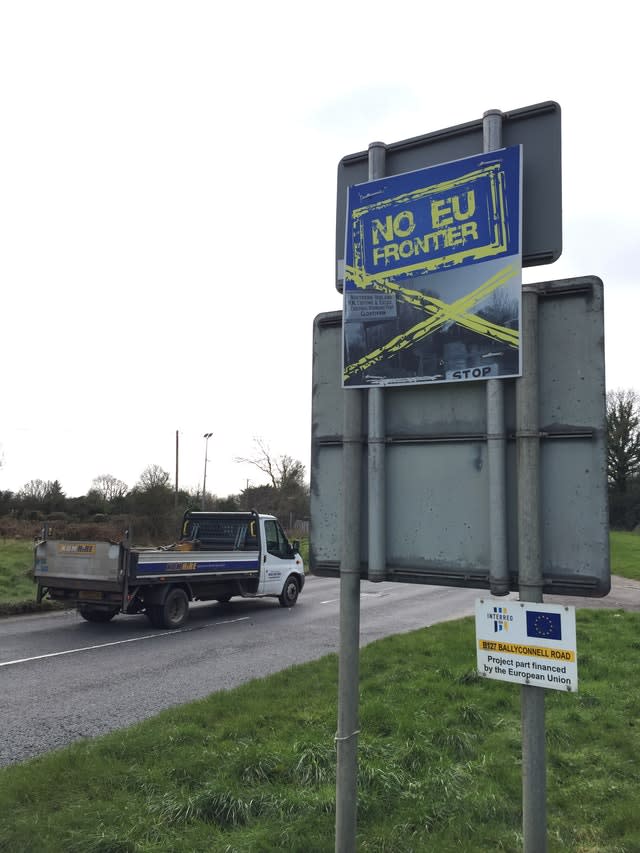Mutual aid police officers will not be deployed to Irish border, MPs told
Police officers from across the UK will not be deployed to the Irish border if sent to Northern Ireland to help quell Brexit tensions, a Westminster committee has heard.
Northern Ireland’s deputy police chief Stephen Martin said mutual aid arrangements have not been used by the Police Service of Northern Ireland (PSNI) since 2013.
Since then, he said, mutual aid arrangements have been in place ready for a PSNI request for each summer in case of violence resulting from the parading season, but this year this readiness period has been extended due to Brexit.
“Because of the uncertainty associated with the exit from the European Union, we have sought to extend those mutual aid arrangements over the summer but beyond this year and to have that contingency available to us in the event we had, for example civil unrest or disorder as a consequence of the European Union exit,” Mr Martin told the Home Affairs Committee.
“We have the capacity to bring in up to 14 public order support units from Great Britain at a time for a week’s rotation, and they would be replaced as one batch of 14 would leave, another batch of 14 would come in.
“We certainly have that arrangement in place for a period of some months, but it is our earnest hope that we do not need to draw down on that mutual aid and we would only seek to use it in extreme circumstances where what we were facing was beyond our ability to manage within the PSNI resources.”
Last week the Scottish Policing Federation has expressed concern for the safety of officers sent to Northern Ireland.

Mr Martin responded, telling the committee: “I understand those concerns and I would have empathy with them, but I would also seek to reassure them that the planning is in place, the logistics are in place … they would be well accommodated, they would be well looked after.
“We would ensure we would have local liaison officers accompanying them on their deployments, and it would not be our intention to deploy them on the border, but to deploy them in other areas to allow us to release some of our officers to augment the border area.”
He added: “The mutual aid officers from Great Britain, we do not anticipate putting them in or around the border area.”
The committee also heard that the British and Irish governments have agreed measures to ensure there is an arrangement to replace the European Arrest Warrant after Brexit.
Peter May, permanent secretary, Department of Justice for Northern Ireland, told the committee it would be a “slower and more resource intensive process”, but will allow extradition.
Agreement has also been reached over data sharing.
Mr Martin revealed that between September 2018 and August 2019, the PSNI generated 38 European Arrest Warrants; 26 to the Republic of Ireland and 12 to other EU countries.
He added the PSNI had received five requests from the Republic of Ireland and 44 from other EU countries.
“All those arrangements will work hopefully but they will be slower generally, they will be more bureaucratic generally and they will certainly be sub optimal to the package of measures that we have now,” he said.

 Yahoo News
Yahoo News 
